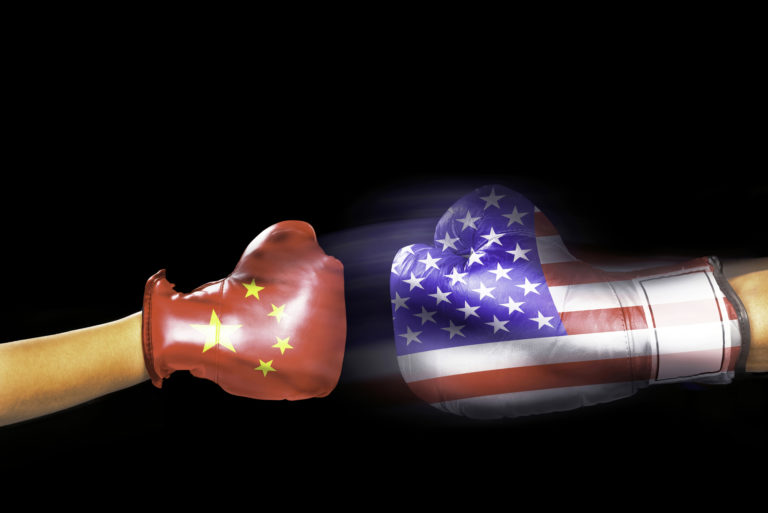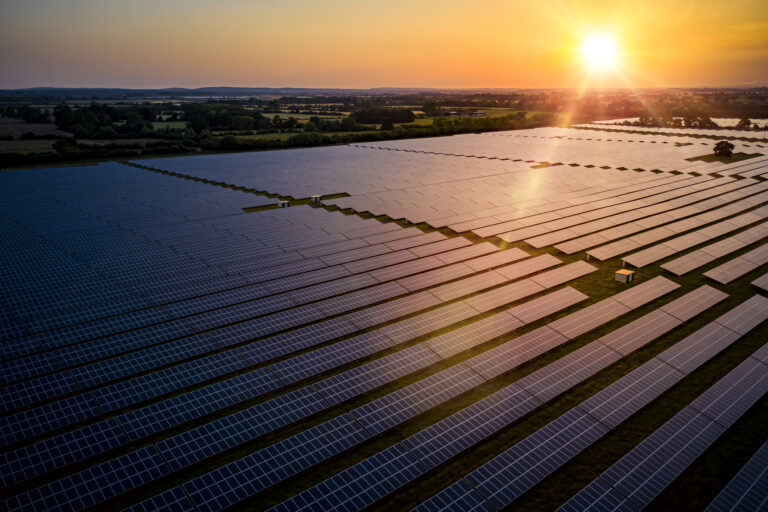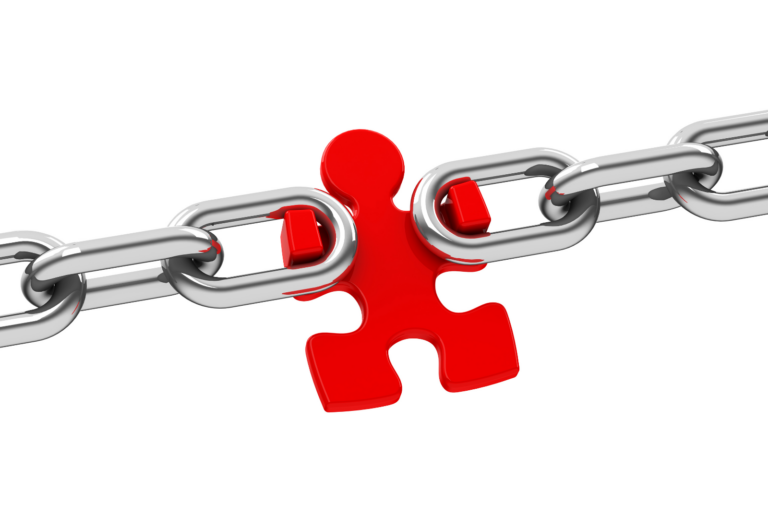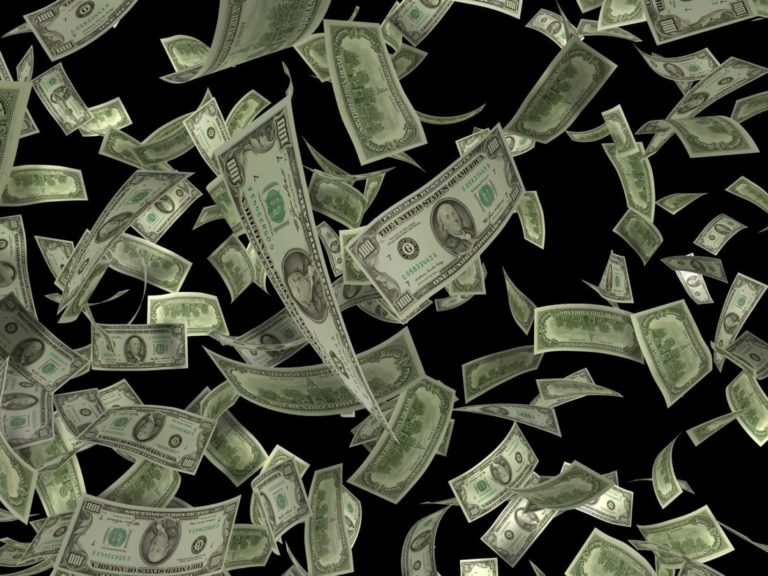
U.S.-China Trade Policy and The Future of China-Focused Section 301 Duties
U.S.-China Trade Policy and The Future of China-Focused Section 301 Duties and the best tariff mitigation strategies you should employ now.
Adams Lee has more than twenty years’ experience providing strategic advice and legal guidance on complex international trade and administrative regulatory matters to US and foreign companies, trade associations, and foreign governments. He advises companies in a broad range of industries on international trade remedy and trade policy issues.
Adams brings a wealth of knowledge to Harris Sliwoski’s international trade practice. He is adept at quickly evaluating strategic options and developing the best comprehensive legal approach in light of relevant policy and case law. Beyond achieving significant DOC and ITC results that improve his clients’ competitive position, Adams helps them understand complex trade issues so they can make well-informed business decisions.

U.S.-China Trade Policy and The Future of China-Focused Section 301 Duties and the best tariff mitigation strategies you should employ now.

Biden's decision to extend solar trade wars and modify tariffs shows climate change is as important as protecting US manufacturers.

As we continue to document in our customs and trade blog posts, import compliance and enforcement risk is higher than ever. And as recent experience suggests, this trend is not going to change anytime soon. By taking the preemptive supply chain verification and substantiation measures noted above, U.S. importers can manage and reduce these risk factors – and, in so doing, avoid becoming another CBP enforcement statistic.

Reporting someone else for illegal transshipping under the False Claims Act can make you rich. The United States has imposed tariffs and duties against a whole slew of Chinese products, increasing the costs of those products sold to the United States.To avoid these tariffs and duties, many companies are shipping their Made in China products to countries other than China and then shipping those products to the United States, claiming those products were made in a country other than China. This is called transshipping and it is illegal.

If you are importing from China you should know about the False Claims Act.

Six months into the Biden Administration and international trade has largely been out of the headlines. President Biden’s trade policies so far have been defined more by what he has not done (lift any of the tariffs imposed by President Trump) than what he has done. Although the handful of Biden’s trade policies stylistically reflect

What you as an importer, exporter or foreign producer should do if you see an AD/CVD action heading your way.

The United States and China are scheduled to have a grand signing ceremony on January 15 for the “Phase One” deal that is supposed to solve the U.S.-China trade war. Though more than 200 guests have been invited to attend the ceremony, no one knows exactly what they will be signing because the text of

The seemingly endless U.S.-China trade war keeps slogging along. The Office of the U.S. Trade Representative (USTR) has already imposed 25% tariffs on $250 billion of Chinese imports on three previous lists (List 1 = $34 billion starting from July 2018, List 2 = $16 billion from August 2018, List 3 = $200 billion from

1. The New Tariffs The Office of the U.S. Trade Representative (USTR) formally published a notice in the Federal Register (this means it is official) confirming President Trump’s by now famous weekend tweet: U.S. imports of Chinese products, valued at $200 billion, that have been subject to 10 percent tariff since September 24, 2018, will now be subject to